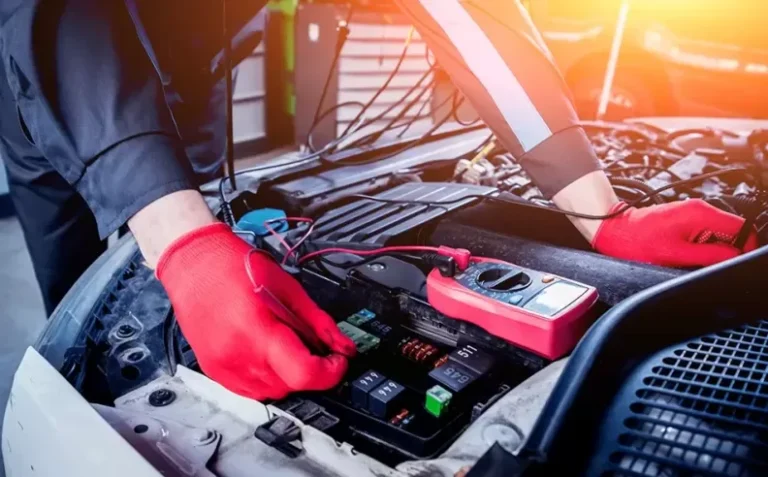
Electrical issues in your vehicle can range from minor annoyances to serious problems that affect your car’s performance and safety. Diagnosing these issues early can save you time, money, and prevent unexpected breakdowns. Understanding how to identify and troubleshoot common electrical problems is essential for every car owner. Here are some effective strategies to help you diagnose electrical issues in your vehicle.
Utilize A VIN Lookup
A Vehicle Identification Number (VIN) lookup is a valuable tool for diagnosing electrical issues in your car. Your vehicle’s VIN is a unique 17-character code that provides detailed information about your car’s make, model, year, and specifications. By using a reliable vin lookup, you can access important data that can help you understand your vehicle’s electrical system better.
Performing a VIN lookup allows you to obtain the factory specifications for your car’s electrical components. This information is crucial when troubleshooting problems, as it helps you identify the correct parts and understand how they should function. Additionally, a VIN lookup can reveal any recalls or technical service bulletins related to your vehicle’s electrical system, providing insights into known issues and recommended fixes.
Using a VIN lookup tool also aids in verifying the history of your vehicle, including past electrical repairs or modifications. This historical data can be instrumental in diagnosing recurring electrical problems or understanding the root cause of current issues. By having comprehensive knowledge about your car’s electrical system through a VIN lookup, you can approach diagnostics with greater confidence and accuracy.
Tools You Can Use For Inspection
Equipping yourself with the right tools is essential for diagnosing and fixing electrical issues in your vehicle. Here are some indispensable tools that every car owner should have in their toolkit:
O2 Sensor Tool
An o2 sensor tool is essential for inspecting and replacing oxygen sensors, which play a critical role in your vehicle’s fuel efficiency and emissions control. Oxygen sensors monitor the amount of oxygen in the exhaust gases, allowing the engine control unit (ECU) to adjust the air-fuel mixture for optimal combustion. A faulty oxygen sensor can lead to poor fuel economy, increased emissions, and engine performance issues.
Using an O2 sensor tool, you can easily remove and replace faulty sensors, ensuring that your engine runs efficiently and meets emission standards. Regular inspection and maintenance of oxygen sensors can prevent more severe engine problems and help maintain your vehicle’s overall performance.
Automotive Tape
Automotive tape is a versatile tool for temporary fixes and securing electrical components. Whether you need to hold wiring in place, seal a minor leak, or protect sensitive parts from moisture, automotive tape is an invaluable resource. It provides a reliable, quick solution for various electrical issues, allowing you to maintain your vehicle’s integrity until a permanent fix can be implemented.
Using automotive tape can help prevent further damage by securing loose connections and protecting exposed wires from environmental factors. It’s a simple yet effective tool that every car owner should keep on hand for unexpected electrical repairs.
Multimeter
A multimeter is another essential tool for diagnosing electrical issues. It allows you to measure voltage, current, and resistance, providing valuable insights into your vehicle’s electrical system. By using a multimeter, you can test batteries, alternators, sensors, and other electrical components to identify faults and ensure they are functioning correctly.
Regular use of a multimeter can help you pinpoint the exact cause of electrical problems, whether it’s a dead battery, a failing alternator, or a short circuit. Investing in a quality multimeter enhances your ability to perform accurate diagnostics and maintain your vehicle’s electrical health.
Conclusion
Diagnosing common electrical issues in your vehicle doesn’t have to be daunting. By utilizing a vin lookup to gather essential information and equipping yourself with the right tools like an o2 sensor tool and automotive tape, you can effectively identify and address electrical problems in your car. Regular maintenance, combined with the right diagnostic tools, ensures that your vehicle remains reliable, efficient, and safe to drive. Embrace these strategies to keep your car’s electrical system in top condition and enjoy a smooth, trouble-free ride every time you hit the road.